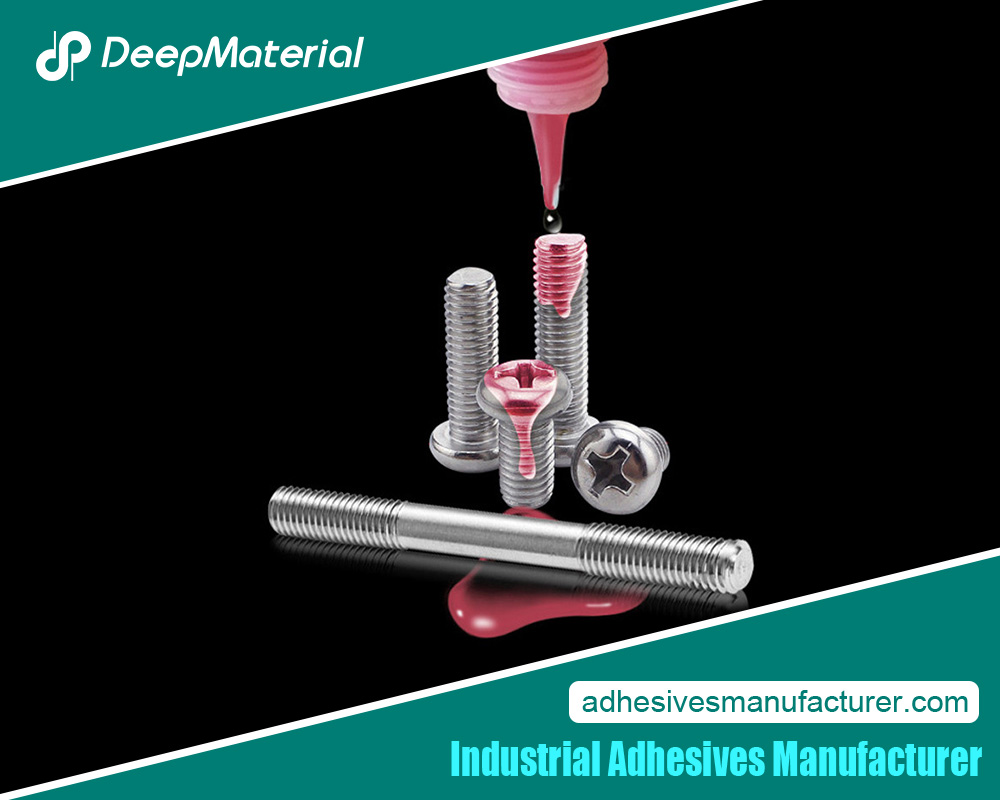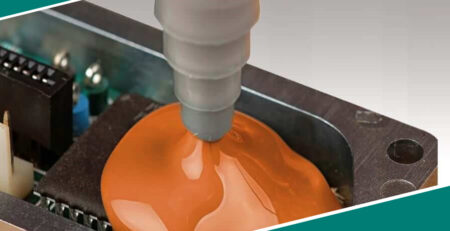Silicone Sealant Manufacturers: A Critical Analysis of Their Specifications and Time Requirements
Silicone Sealant Manufacturers: A Critical Analysis of Their Specifications and Time Requirements
Silicone sealants have become crucial components in various industries, particularly in the construction sector, where they seal joints and prevent water and air from entering. Silicone sealant manufacturers have developed or adopted specifications to ensure the quality and performance of their products. This article delves into the specifications and time requirements of silicone sealant manufacturers, highlighting the importance of these factors in producing and applying silicone sealants.
Specifications of Silicone Sealant Manufacturers
Silicone sealant manufacturers have developed or adopted various specifications to ensure the quality and performance of their products. These specifications cover aspects such as:
- Rheological properties: Manufacturers analyze the viscoelastic properties of silicone pavement joint sealants to determine the optimal application condition. This is crucial, as the sealants’ rheological properties can significantly impact their performance.
- Compliance with industry standards: Silicone sealants are often required to comply with ASTM C920, Federal Specification TT-S-001543B, and TT-S-00230C. These standards specify requirements for properties like movement capability, tensile strength, and adhesion.
- Product characteristics: Manufacturers define specifications for characteristics like curing time, hardness, elongation, and dynamic movement capability. These ensure the sealants meet the needs of different applications.
- Approvals and certifications: Some silicone sealants are certified to meet specific requirements, such as EN ISO 11600 for structural glazing applications.
In summary, silicone sealant manufacturers have developed comprehensive specifications covering their products’ rheological, physical, and performance properties to ensure consistent quality and suitability for various construction and sealing applications.
Time Requirements of Silicone Sealant Manufacturers
The time requirements of silicone sealant manufacturers play a crucial role in the sealants’ overall efficiency, cost, and quality. The time needed to complete tasks related to silicone sealant manufacturing, including production, testing, and quality control, can vary significantly depending on the manufacturer and the specific product being produced.
Efficient manufacturing processes ensure timely production and delivery of high-quality silicone sealants. Efficiency in the manufacturing process is vital as it directly impacts the overall production cost and the sealants’ quality.
Manufacturers need to streamline their production processes to minimize the time taken for each task without compromising the quality of the final product. This includes optimizing production lines, testing procedures, and quality control measures to ensure that the sealants meet the required specifications and standards within a reasonable timeframe.
Moreover, the time required for production, testing, and quality control can vary based on factors such as the complexity of the sealant formulation, the scale of production, and the level of automation in the manufacturing process. Manufacturers must carefully manage these time requirements to meet market demands and maintain a competitive edge in the industry.
The time requirements of silicone sealant manufacturers are critical in determining the sealants’ efficiency, cost-effectiveness, and quality. By optimizing production processes and ensuring the timely completion of tasks, manufacturers can meet market demands and deliver high-quality silicone sealants to their customers.
Importance of Specifications and Time Requirements
The specifications and time requirements of silicone sealant manufacturers are critical factors that can significantly impact their products’ quality, performance, and cost. The key points are:
- Specifications: Silicone sealant manufacturers have developed detailed specifications covering aspects like rheological properties, compliance with industry standards, product characteristics, and approvals/certifications. These specifications ensure the sealants meet the required quality and performance standards.
- Time requirements: The time needed for production, testing, and quality control can vary significantly across manufacturers and products. Efficient manufacturing processes are essential to minimize costs and deliver high-quality sealants promptly.
- Interrelationship: The specifications and time requirements are interrelated. The specifications define the required properties, while the time requirements impact the ability to consistently meet those specifications cost-effectively. Both factors are crucial in ensuring silicone sealants’ overall quality and performance.
Silicone sealant manufacturers’ specifications and time requirements are critical determinants of the final product quality, performance, and cost. Manufacturers must carefully manage both aspects to deliver reliable and cost-effective sealants.
Factors To Consider When Choosing A Silicone Sealant
Several key factors should be considered when choosing a silicone sealant for a project to ensure the proper selection. These factors include:
- Type of Project: The project you are working on will determine the type of silicone sealant needed. For example, projects involving sealing kitchens or bathrooms require waterproof and mold-resistant sealants, while projects like sealing windows or doors need weather-resistant sealants. Different applications call for various types of silicone sealants.
- Cure Time: Cure time refers to the time it takes for the silicone sealant to cure and reach its maximum strength fully. Depending on the project’s requirements, consider using a fast-curing silicone sealant if quick curing is essential. Cure time varies based on the type of silicone sealant, temperature, and humidity levels.
- Application Method: The application method varies depending on the project. Some silicone sealants come in squeeze tubes, while others come in cartridges that require a caulking gun for application. Consider the project’s size, the surface to which you are applying the sealant, and the tools available before selecting the type of silicone sealant to use.
- Durability: The durability of the silicone sealant is crucial, especially for projects exposed to moisture or high temperatures. Choosing a highly durable silicone sealant ensures longevity and performance under challenging conditions. Consider the level of durability required based on the project’s environmental exposure.
By carefully considering these factors – type of project, cure time, application method, and durability – you can decide when selecting the proper silicone sealant for your specific needs, ensuring successful and long-lasting results.
Common Mistakes To Avoid When Using Silicone Sealant
When using silicone sealant, avoiding common mistakes is crucial to ensure a successful application. Here are some critical mistakes to avoid:
- Overapplying the Sealant: Applying an excessive amount of sealant can lead to wastage, messy-looking seals, and potential issues with adhesion. Following the recommended bead size the manufacturer provides for optimal results is essential.
- Rushing the Application Process: Taking your time during the application process is necessary to ensure a precise and even seal. Rushing can result in uneven distribution, air pockets, or missed spots, compromising the effectiveness of the seal. Patience is critical to achieving a professional finish.
- Ignoring Surface Preparation: Skipping or inadequately preparing the Surface before applying silicone sealant can result in poor adhesion and premature seal failure. Proper cleaning and surface preparation are crucial for the sealant to bond effectively and maintain its integrity over time.
By being mindful of these common mistakes and following best practices for applying silicone sealant, you can achieve a professional-looking, durable seal that effectively protects against leaks and damage.

Conclusion
In conclusion, silicone sealant manufacturers play a vital role in the construction sector, providing high-quality products that ensure the integrity of buildings and structures. These manufacturers’ specifications and time requirements are critical factors that can significantly impact the quality and performance of their products. Understanding these factors is essential for ensuring the optimal application and performance of silicone sealants, critical in preventing water and air from entering joints and structures.
For more about the silicone sealant manufacturers: a critical analysis of their specifications and time requirements, you can pay a visit to Deepmaterial at https://www.adhesivesmanufacturer.com/ for more info.













